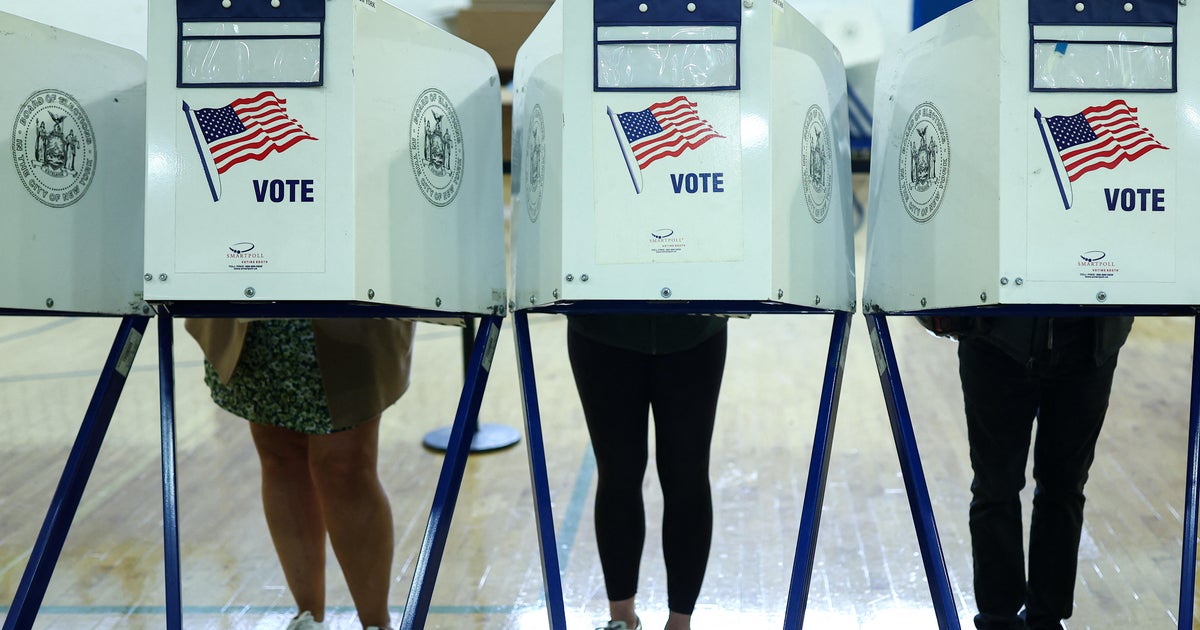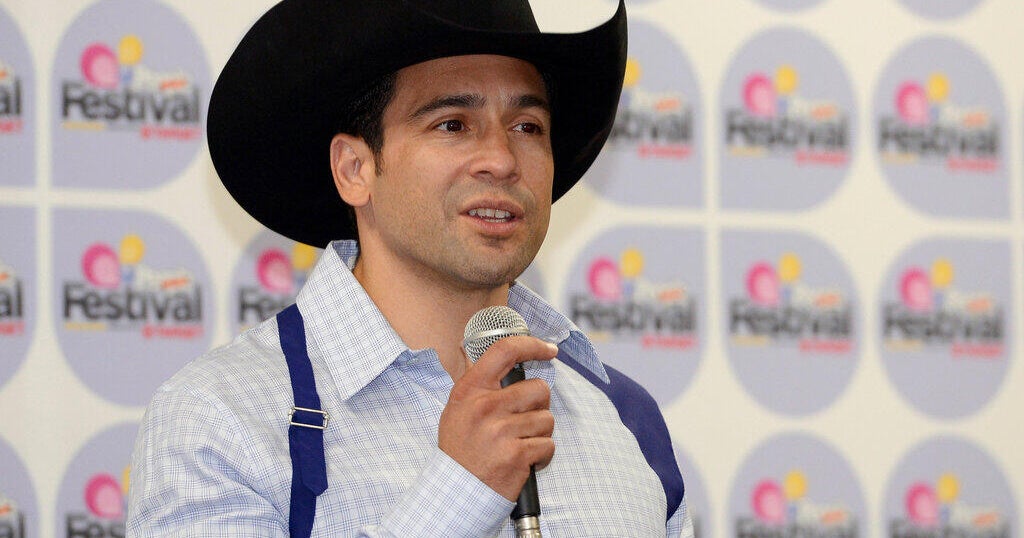Andrew Yang says the two-party system fuels extremism: "The people are losing"
Former Democratic presidential candidate Andrew Yang is harshly criticizing America's two-party political system and closed-party primaries, arguing that they help fuel extremist views on both sides. Yang, who announced in October he was leaving the Democratic Party after 20 years to become an independent, said the process has created incentives for catering to the most partisan constituents.
"We can all just look around and see the duopoly is not working," Yang told CBSN "Red & Blue" anchor Elaine Quijano in an interview that aired Monday. "The political incentives are not around getting anything done, it's around blaming the other side, and just playing 'you lose, I lose' back and forth — while the people are losing."
Yang said many other Western nations — including the United Kingdom, Germany and Sweden — all have successful political systems with more than two parties, arguing that those systems are "more responsive to the will of the people" and "more resistant to authoritarianism."
"If you have a two-party system and one of them succumbs to bad leadership, then there really are no incentives to stand up to that leader, which is why our founding fathers never would have wanted us to have only two parties."
Yang also argued against closed-party primaries, in which a voter must be registered as a Democrat or Republican to cast a ballot in that party's respective primary.
"If you navigate a party primary on either side, you're not talking to a lot of Americans," he said. "You're not talking to the people who make up, really, the most prevalent points of view in our society."
Yang pointed to New York City's recent mayoral race, which does not have open primaries.
"It shut out independents and Republicans from that Democratic primary, which we all know determined who the next mayor is going to be," said Yang, who unsuccessfully ran for the Democratic nomination in this year's mayoral race. The primary and the mayor's race was won by Eric Adams.
Yang said the shift to open primaries and ranked-choice voting would "realign" incentives to serve the majority instead of a partisan minority.
"We need to include people from every political perspective, and right now closed-party primaries are distorting the incentives for our elected leaders, where they need to placate and please the 10% most extreme partisans on either side, which is one reason why it's not working at all," he added. "We can see that it's becoming more and more polarized and not much is getting done."



